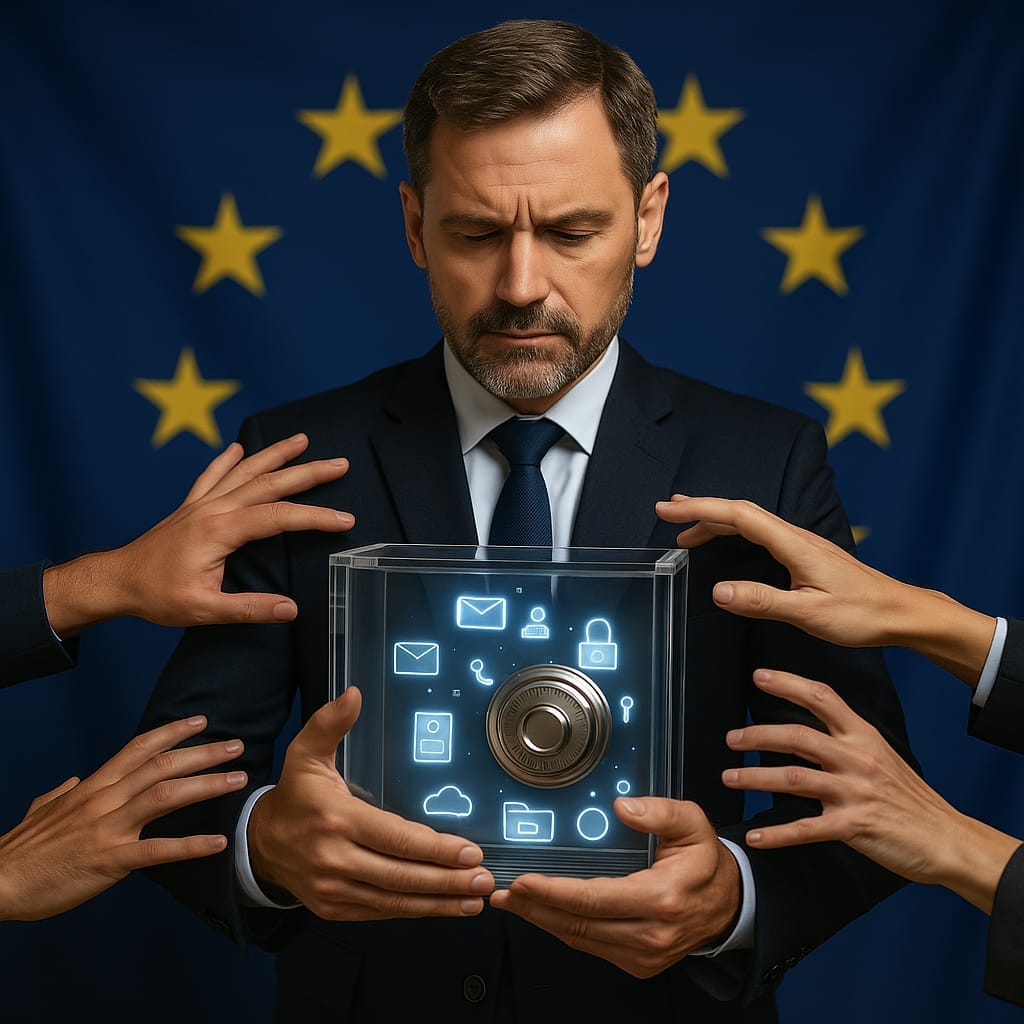You Are a Data Controller, Whether You Know It or Not.
Under GDPR, all companies—not executives—are legally bound as Data Controllers, responsible for protecting the personal data of customers, employees, and suppliers. Compliance isn’t just about avoiding fines; it’s a trust-building leadership opportunity.
-
3 min read





